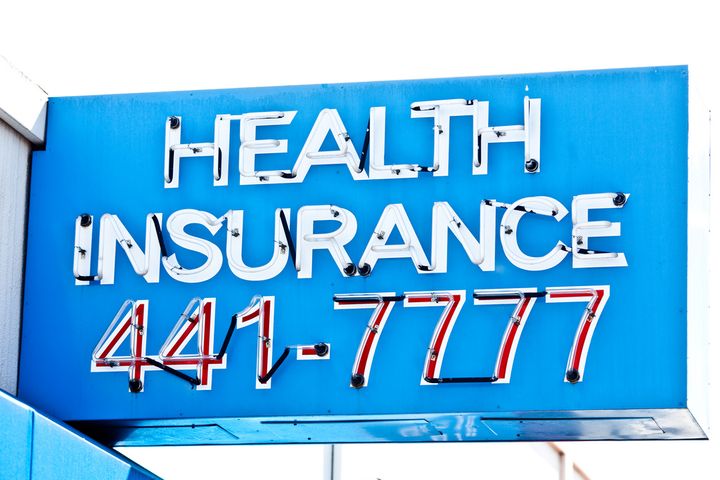
That old “there's an app for that” joke isn't funny anymore because there pretty much is an app for everything, and everyone has realized it. But where's your healthcare app?
The healthcare industry has been relatively slow to adopt new technologies. There are some good reasons for this, like the need to keep patient data private and the challenges of organizing massive amounts of information. There are also some not-so-good but understandable reasons, like data stuck in outdated systems and strict government regulations on the industry.
This situation is changing, and more people than ever are talking about the possibilities of a healthcare revolution through modern technology. This shift is being pushed in large part by young consumers (patients) who are beginning to expect the same speed and quality of service from healthcare as they get elsewhere. Many physicians and healthcare providers agree.
A modern healthcare system will take many forms, but there are a few interesting trends beginning to coalesce already around mobile health services, patient-provided data, and personalized healthcare.
Patients Want Easier, Faster, Cheaper Healthcare
It's become pretty easy to order food or find a ride on your phone, and it's only natural to want the same from your doctor. The combination of mobile technology with healthcare is known as mHealth, and it's getting more popular all over the world.
There are many possibilities for mHealth. An app could deliver many of the same services that a physician normally would, but cheaply and quickly, from the comfort of your home. These could include writing prescriptions, sending lab results, or delivering healthcare itself (known as telemedicine).
Mobile technology is available in some form almost everywhere, so it's poised to be a perfect platform. A recent survey showed that consumers around the world are ready to embrace mHealth for a variety of reasons, with the most popular (46% agreed) being greater convenience. They also expected to see relatively lower costs, greater control over their own care, and better access to care in general.
The researchers assume that these expectations come from other experiences with mobile tech, where users have seen similar results. The respondents also said that they'd be willing to pay for these new services, in contrast to the popular belief among healthcare providers that they wouldn't want to.
Doctors in the U.S. have already been using mHealth services in some way for years, but these have been mostly limited to in-house administrative uses. The main concerns are security and privacy when it comes to using broader systems that would connect vast amounts of patient data.
Big Patient Data and Personalized Medicine
The wearable tech and biometrics trend has been going strong for several years now. Fitbits, Jawbones, and other fitness trackers are common, but the smart phone in your pocket could be counting your steps too, even if you didn't know it.
There's an immense amount of health-related data being captured by devices like these, and it's known as patient-generated or consumer-generated health data (compared to that collected by researchers). This also includes the results when you get your genome sequenced.
This data isn't currently being used to its full capacity. With the right systems in place, it could be analyzed to find unknown trends, potentially leading to new drugs, therapies, and prevention strategies, along with better treatments by doctors who understand their patients more deeply.
The result of this exploration into the big data of healthcare will be (and has been) more personalized healthcare: the ability of doctors to provide customized treatments, therapies, medicine, and advice, based on your personal medical history and genome.
As personalized medicine becomes more available, along with the technology that makes it possible, we can hope to see many solutions to some of the long-time problems that have plagued our healthcare system. Patients (particularly the younger ones) are thinking more and more like consumers of healthcare, and are demanding the same level of quality they get elsewhere.
If you've got some great ideas to help organize patients within our healthcare system, check out the CHIME National Patient ID Challenge for your chance to win $1 million! Hurry, the submission deadline is April 8th!








